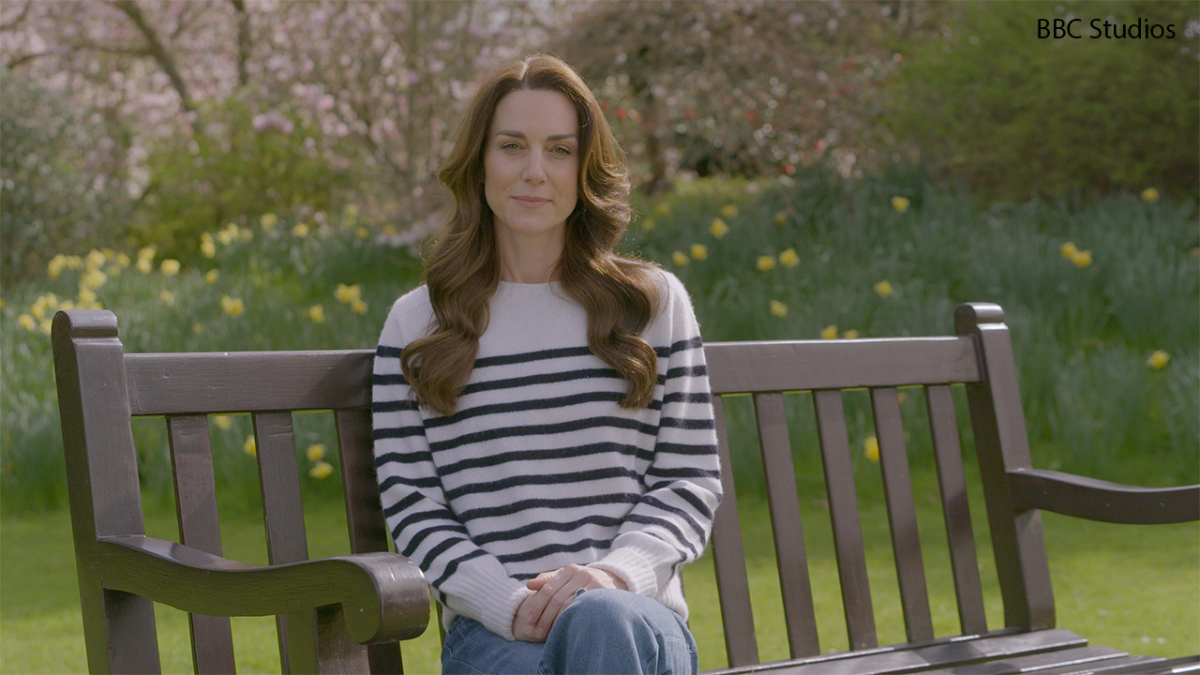
The disclosure of Kate Middleton, the Princess of Wales, undergoing preventive chemotherapy after a cancer diagnosis has left many reeling. In her courageous message, Middleton shared her journey, sparking conversations about preventive chemotherapy and its significance in cancer management.
Table of Content:-
Kate's Revelation: A Brave Confession
Kate Middleton's candid revelation came in the form of a heartfelt video update, recorded after weeks of speculation surrounding her health. She disclosed undergoing major abdominal surgery in January, initially believed to be for a non-cancerous condition. However, post-operative tests revealed the presence of cancer, prompting her medical team to recommend preventive chemotherapy as a precautionary measure.
A message from Catherine, The Princess of Wales pic.twitter.com/5LQT1qGarK
— The Prince and Princess of Wales (@KensingtonRoyal) March 22, 2024
Understanding Preventive Chemotherapy
Preventive chemotherapy, also known as adjuvant therapy, is a proactive approach employed after surgery to reduce the risk of cancer recurrence and metastasis. Dr Harshit Shah, Associate Consultant-Surgical Oncology, Fortis Hospital, Kalyan explains that despite successful tumour removal, microscopic cancer cells may persist undetected in the body. Preventive chemotherapy aims to target these residual cells, minimizing the likelihood of disease resurgence.
Also Read: Richard Simmons Opens Up About Skin Cancer Diagnosis; All About Basal Cell Carcinoma
When is Preventive Chemotherapy Utilized?
Dr Shah emphasizes that preventive chemotherapy is administered when the risk of cancer recurrence is deemed high. Following surgery, tests on removed tissues may reveal cancerous cells, prompting the initiation of preventive chemotherapy to eradicate any lingering malignancies. This approach, while unpleasant, offers significant benefits in preventing disease progression.
How Does Preventive Chemotherapy Work?
Dr Shah also highlights the challenges of detecting microscopic cancers, necessitating proactive treatment in confirmed cases. Preventive chemotherapy employs drugs designed to target rapidly dividing cells, including cancer cells, throughout the body. By addressing potential metastatic spread, this treatment strategy enhances the likelihood of a successful outcome.
Tailored Treatment and Duration
The duration and intensity of preventive chemotherapy vary based on individual factors such as cancer type and stage. Dr Shah likens preventive chemotherapy to sterilizing a surface with bleach, eradicating any residual cancer cells. While younger patients may tolerate stronger treatment regimens, the duration typically spans three to twelve months, tailored to the specific needs of the patient.
Administration and Side Effects
Preventive chemotherapy is commonly administered via tablets or injections over the prescribed treatment period. The doctor also underscores that while chemotherapy targets cancer cells, it may also affect healthy tissues, leading to side effects such as fatigue, nausea, and reduced immunity. Despite potential challenges, many individuals tolerate chemotherapy well, experiencing minimal disruption to their daily lives.
Kate's Journey Forward

In her poignant message, Kate Middleton expressed gratitude for the support of her family, particularly her husband, Prince William. As she embarks on her treatment journey, Middleton appeals for privacy and understanding. Her resilience serves as an inspiration, underscoring the importance of early detection, proactive treatment, and unwavering support in the face of adversity.
Bottomline: A Message of Hope
Kate Middleton's revelation offers a glimpse into the complexities of cancer treatment and the resilience required to confront the disease. As she navigates her journey with grace and fortitude, Middleton's courage serves as a beacon of hope for individuals facing similar challenges. Through awareness, education, and unwavering support, we can stand united in the fight against cancer, fostering a future where stories of survival prevail.
Also watch this video
How we keep this article up to date:
We work with experts and keep a close eye on the latest in health and wellness. Whenever there is a new research or helpful information, we update our articles with accurate and useful advice.
Current Version